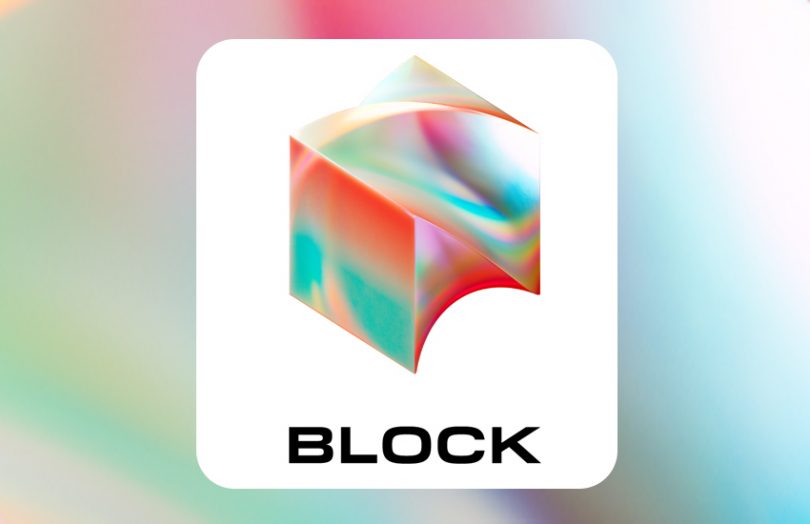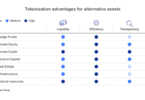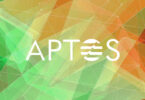Yesterday payments firm Square said it is rebranding to Block, just two days after its CEO Jack Dorsey announced he’s stepping down as Twitter CEO. Dorsey has made no secret about his affinity to blockchain and cryptocurrency. However, Square is in a unique position to drive the sector forward.
But first, the rebranding. The company is best known for its CashApp and point of sale solution for sellers. The seller solution retains the Square name. Two weeks ago, the company unveiled a whitepaper for its latest initiative, TBD54566975, which uses decentralized identity to provide on and off-ramps for crypto-assets and decentralized financial services. And then there’s TIDAL, the streaming music service Square acquired from Jay-Z in March.
In the announcement, the company said Block is only partly a nod to blockchain. “The name has many associated meanings for the company — building blocks, neighborhood blocks and their local businesses, communities coming together at block parties full of music, a blockchain, a section of code, and obstacles to overcome,” reads the statement.
Square’s unique role in the future of payments
If you’re reading this site, you probably acknowledge the role of digital money in the future of payments, whatever form that money might take.
While COVID has accelerated the move of commerce online, Block has a unique role in the world of physical commerce. In the West, most point-of-sale transactions go through Visa and Mastercard. Apple and Google Pay are usually linked to a Visa or Mastercard card. Even Amazon has said ‘enough’ when it comes to Visa credit card charges in the UK.
Through its seller solutions which enable both bricks and mortar retailers and online businesses to accept payments, Square has a direct link to merchants, especially SMEs. So it has the opportunity to enable fully digital payments using new digital payment rails without using the incumbent intermediaries of Visa and Mastercard. Currently, Square, the seller solution, integrates with these card systems. But it can also provide decentralized options that don’t.
That’s where the new TBD54566975 concept fits in. It could enable people at the point of sale to pay for goods using digital assets without going through a legacy system that extracts an additional rent as an intermediary. It won’t be limited to physical world use cases and will include investment and finance.
TBD will also embrace blockchain analytics to detect bad actors and promote this as an alternative to conventional anti money laundering (AML) processes. That’s an important issue on its own because AML and compliance has a disproportionate impact on the unbanked and underbanked.
Block is definitely one to watch when it comes to the future of digital money.
The author has no position in Square/Block stock or Bitcoin.







